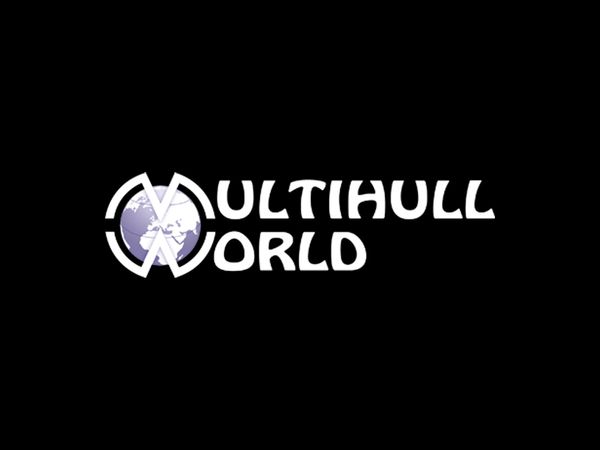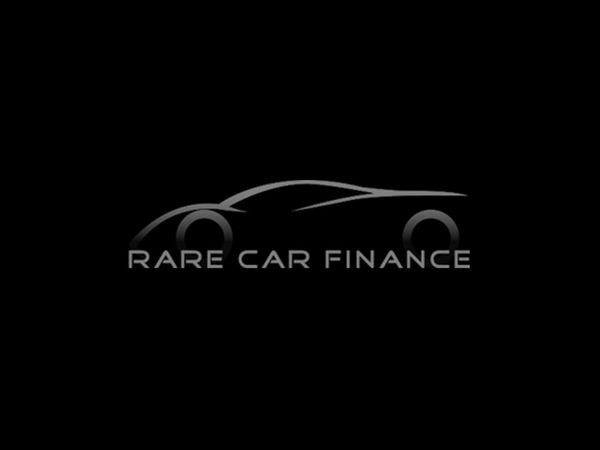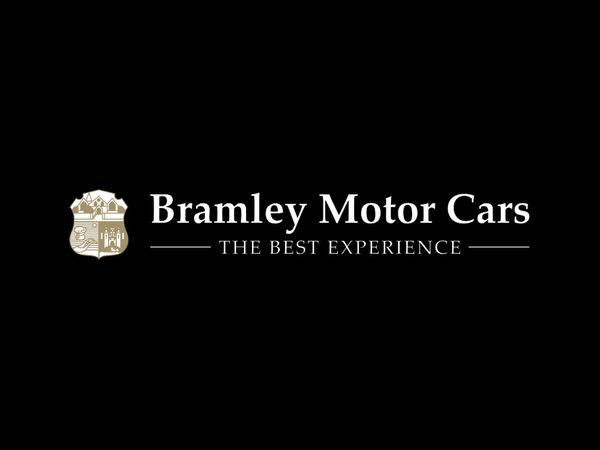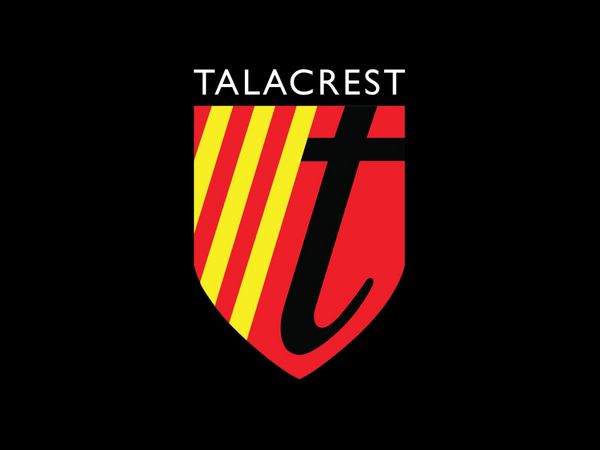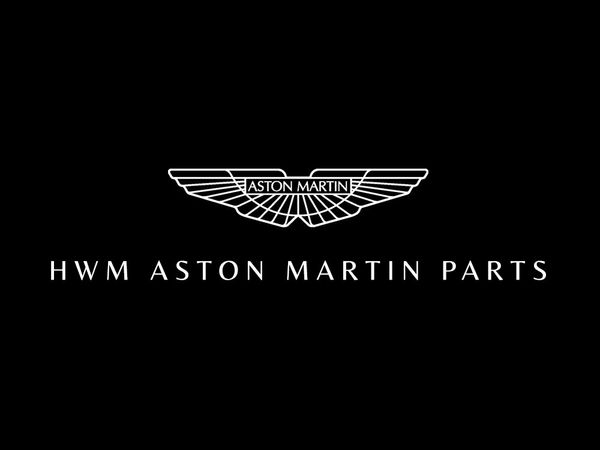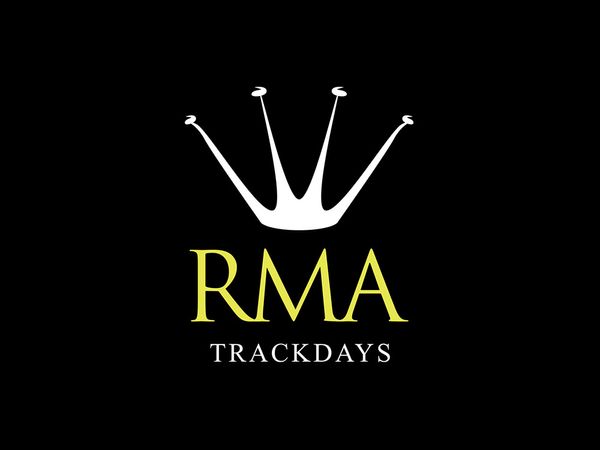DIAmond Advanced Motorists – which administers advanced driving tests on behalf of the Driving Instructors Association (DIA) – welcomes the fact that the government is drawing up proposals on funding improvements to the country’s major roads, but is concerned that the suggested solution will mean that motorists will bear the brunt of the costs.
The proposals, announced today (Monday 19 March) by David Cameron in a speech to the Institution of Civil Engineers, will see the Treasury seeking funds for road improvements from private investors such as sovereign wealth funds and pension funds. Long leases to roads currently owned and operated by the Highways Agency – which comprise 3% of the total length of the country’s roads, but carry a third of the traffic and two-thirds of road freight – would be sold to private companies, who would then fund any improvements and maintenance, in return for a proportion of the Treasury’s income from vehicle excise duty.
In his speech, David Cameron said: “There is now an urgent need to repair the decades-long degradation of our national infrastructure and to build for the future with as much confidence and ambition as the Victorians once did. Infrastructure matters because it is the magic ingredient in so much of modern life. It is not secondary to other, more high profile elements of economic strategy.
“If our infrastructure is second-rate, then our country will be too.”
DIAmond has long argued that the UK’s road network requires investment in order to help improve road safety – potholes and poorly surfaced roads can be a significant contributory factor in road accidents. The £9.8bn it would cost to fix the UK’s poorly maintained roads (source: Asphalt Industry Alliance’s Annual Local Authority Road Maintenance Survey) could be financed by a proportion of the £46bn motorists pay to the to the exchequer annually from a combination of vehicle excise duty, fuel duty, plus VAT on fuel duty and new car sales. Further funding of highway improvements could also be undertaken by ring-fencing some of this government income. The proposed private funding of new roads, or additional lanes on existing roads, however, could result in motorists having to pay tolls, an additional cost at a time when fuel prices and insurance premiums are rising, increasing the total cost of motoring.
Mike Frisby, DIAmond chief examiner, said: “While we desperately need improvements to a road network that has been ignored by successive governments for too long, we fear that it’s the motorist who will ultimately end up paying for those improvements.
“Easing congestion by expanding road capacity and making our roads safer through the eradication of potholes and poorly maintained road surfaces should be a priority for the government, but we believe that motorists are already paying more than enough to enable these things to happen now. Private companies will naturally want a return on any investment they make into our roads: however, these payments are likely to come from the motorist’s pocket.
“If our roads were less congested and of a higher standard, motorists would have less cause to complain about the cost of motoring. But they already pay more than enough to the government to achieve these things, so asking them to pay even more seems inequitable.”



